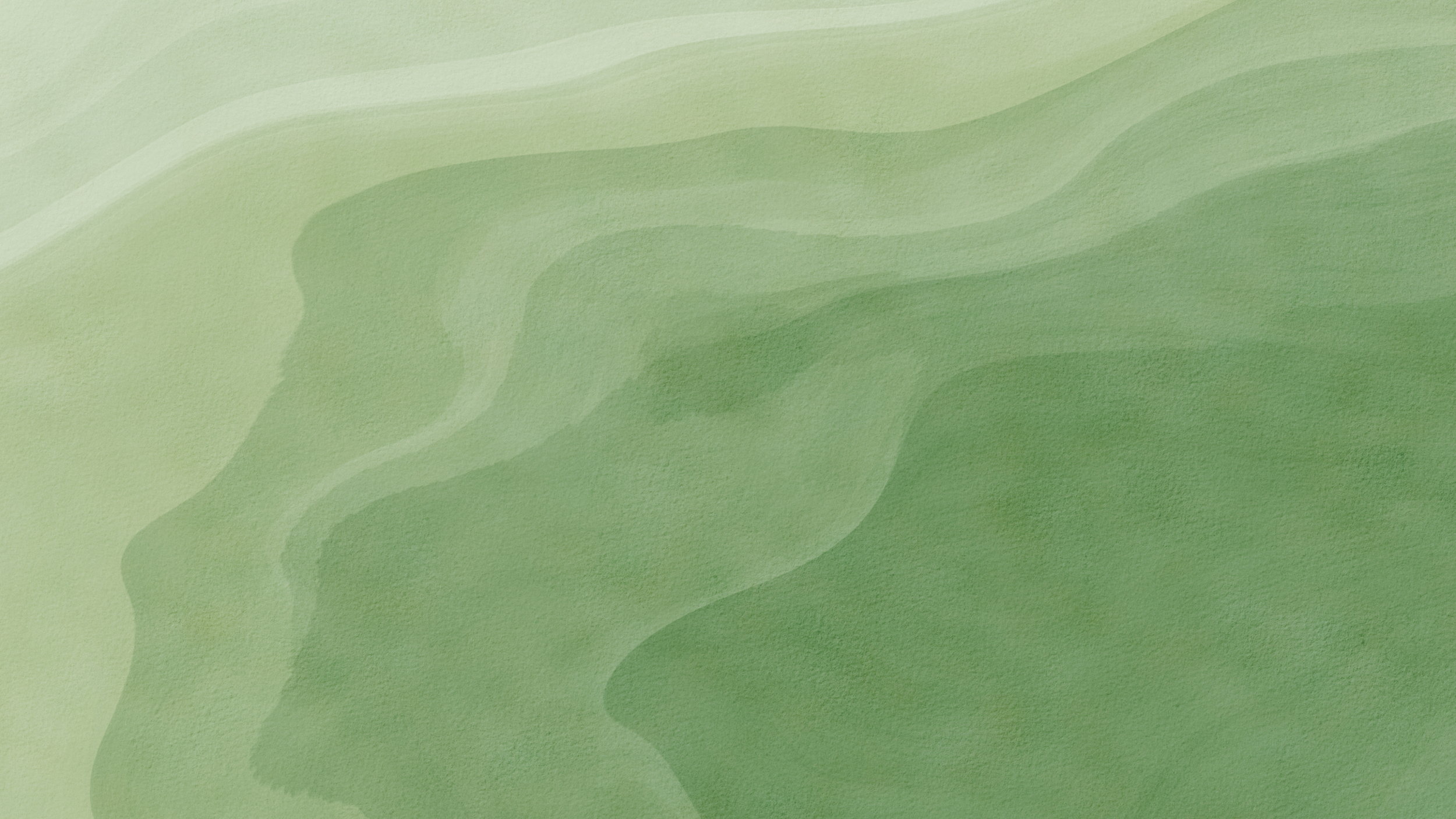
Writing at the Intersection of Identity, Memory, and Place
Sonia Daccarett crafts intimate, layered narratives that explore belonging, heritage, and the complexity of coming of age in a world shaped by conflict and culture. Her work invites readers into the spaces between—between continents, religions, and generations—where truth, tenderness, and transformation reside.
The Roots of the Guava Tree
Available NOW
A debut contemporary memoir about a young woman struggling to understand her identity as the daughter of a Jewish mother and Christian Palestinian father, coming of age in Colombia as increasing violence and the instability of the 1980s engulf her country.
order your copy today!
BookLife Review:
“As the child of nonconformists, Daccarett was always going to be facing life as an outsider, and in this exquisite memoir she presents a vivid portrait of both these diaspora communities as well as a country on the verge of cataclysmic change. . . . sharply observed, often moving, and always incisive recollections.” Read the full BookLife review here.
Yossi Klein Halevi, senior fellow, Shalom Hartman Institute, author, “Letters to My Palestinian Neighbor”:
“Sonia Daccarett’s beautiful, heartbreaking coming-of-age memoir is a powerful addition to contemporary Jewish literature. In telling her story of a Palestinian and Jewish family courageously attempting to live outside of history, she has deepened our understanding of the complexity of Jewish and Arab identity in our time.”
Foreword Review:
“About an intercultural childhood impacted by international tensions, The Roots of the Guava Tree is a revealing memoir.” Read the full Foreword review here.
MARLENA MADURO BARAF, author, “At the Narrow Waist of the World”:
“In The Roots of the Guava Tree, we are carried with the current of a girl’s coming of age amidst cultural reflections about a memorable family of secular, humanist parents in denial of the histories they inhabit. Full of wisdom and compassion. Irresistible.”





